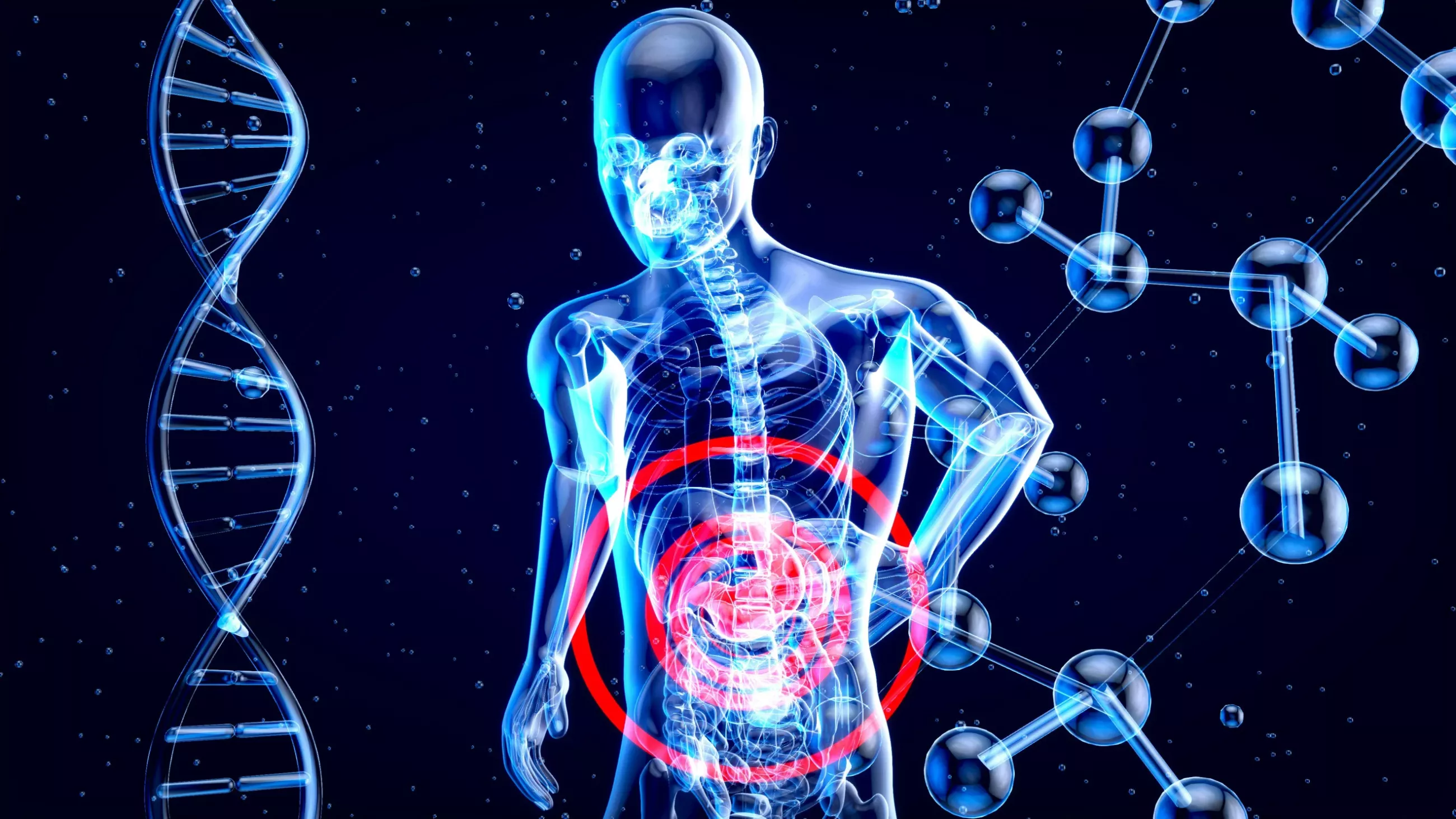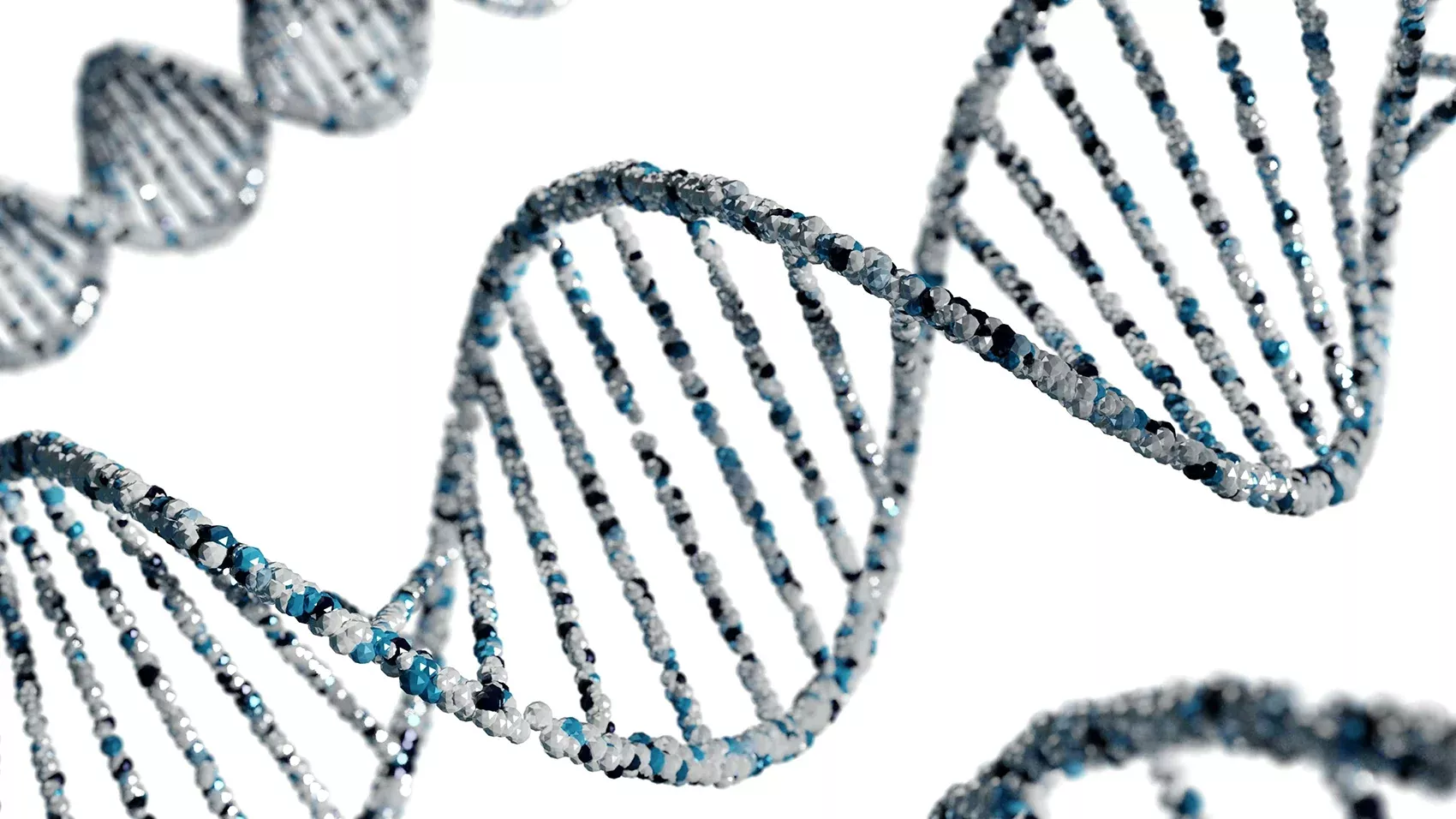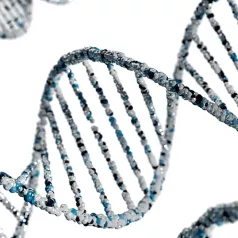Focusing on identifying early symptoms and genetic predictors of drug toxicities and quality of life outcomes in early-stage breast cancer patients
Leveraging Artificial Intelligence and Machine learning Methodology to advance cancer research.
- Genetic Determinants of Toxicity
- Symptom Landscape and Quality of Life in Cancer
- Biomarkers of Toxicity and Resistance
- Artificial Intelligence and Machine Learning
Mission
Our research goals are focused on identifying early symptoms and genetic predictors of drug toxicities and quality of life outcomes in early-stage breast cancer patients. Patients with early-stage breast cancer are increasingly being treated with newer agents such as immune checkpoint inhibitors (ICIs). Most side effects of ICIs are short-lived and treatable with steroids. Until very recently, much less was known about the frequency, timing, and spectrum of long-term side effects of ICIs. A 2021 study of real-world data on melanoma patients treated with an ICI determined that >40% of patients developed a long-term immune-related adverse effect (irAE) [1], most of which did not resolve during the nearly 1.5 years that patients were monitored. Accordingly, a better understanding of the long-term effects of these therapies is necessary as they are being used to treat more kinds of cancer and in more treatment combinations.
The computational models we are developing to quantify the clinical patient-reported outcomes (PROs) and genetic factors underlying chronic disease will enable prediction of breast cancer patients at risk early in treatment or even before a new therapy begins. Subsequent testing and dissemination of our decision-support models would have a significant impact on breast care and other cancers by enabling treatment to be optimized and personalized to improve outcomes, minimize toxicity, and reduce the risk of development of chronic conditions.











 PubMed
PubMed